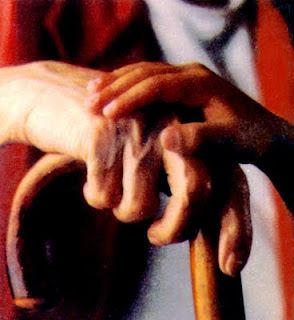Under the Series of Symposiums on Needs & Rights of Older Persons Date: 29th December 2009 Venue: Gulmohar Hall, India Habitat Centre, Lodi Road, New Delhi Key Speakers: Smt. Vidyaben Shah President, Senior Citizens Service Forum Ms. Urvashi Butalia Director and Co-founder, Kali for Women , India 's first feminist publishing house Dr. Varsha Das Director, National Gandhi Museum Ms. Meera Khanna Vice-Chairpersons, Kashmir Intervention, Guild of Service Agewell’s Symposium on Status of Older Persons in Nuclear Families New Delhi: Agewell Foundation, an NGO dedicated towards the welfare of Older Persons across the country, organized yet another symposium on “ Status of Older Persons in Nuclear Families” under the series titled ‘Needs & Rights of Older Persons’ at Gulmohar Hall, India Habitat Centre , Lodhi Road, New Delhi on 29 th December 2009 . The discussion in the symposium covered the topics related to needs & problems faced by...



